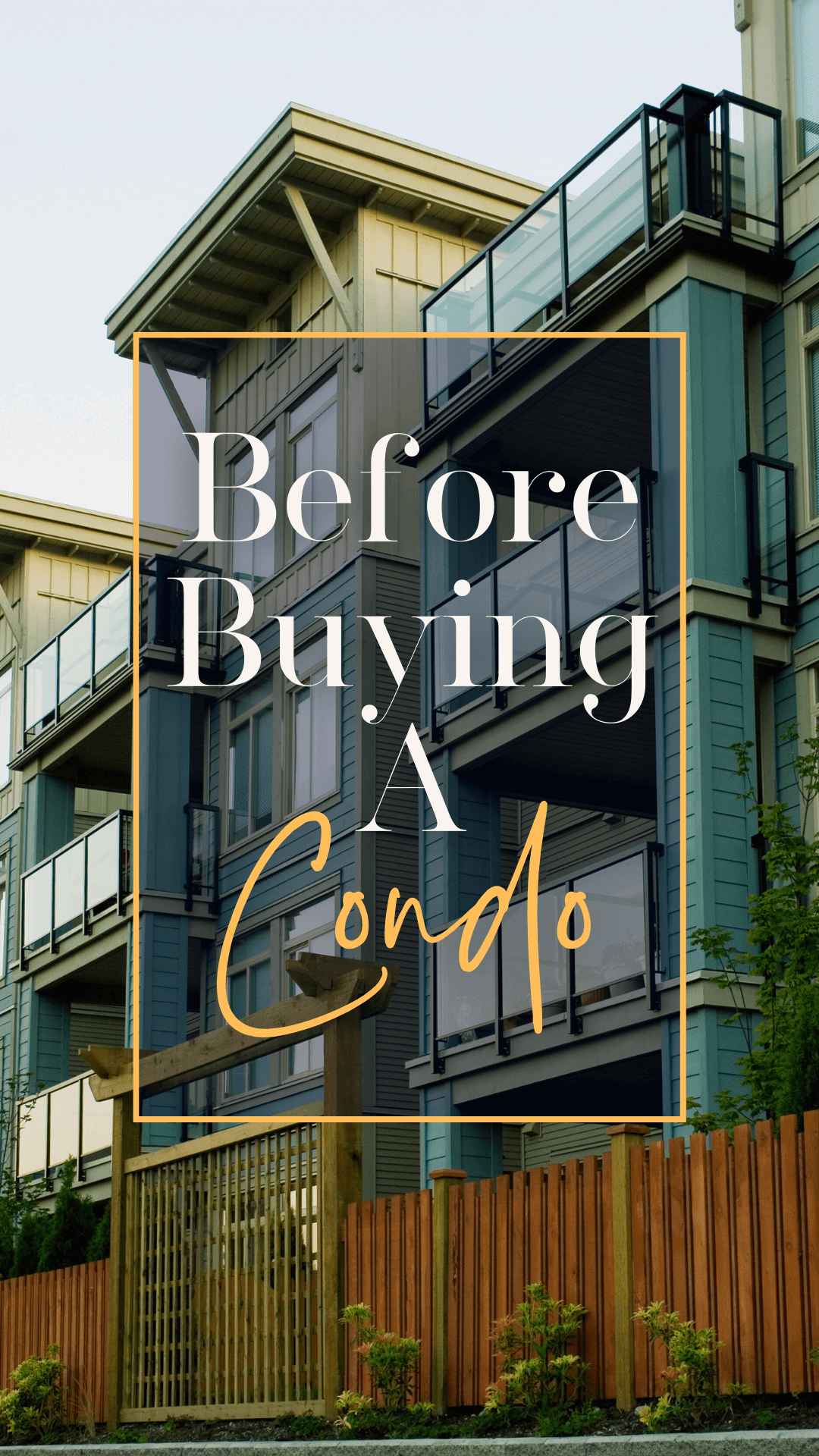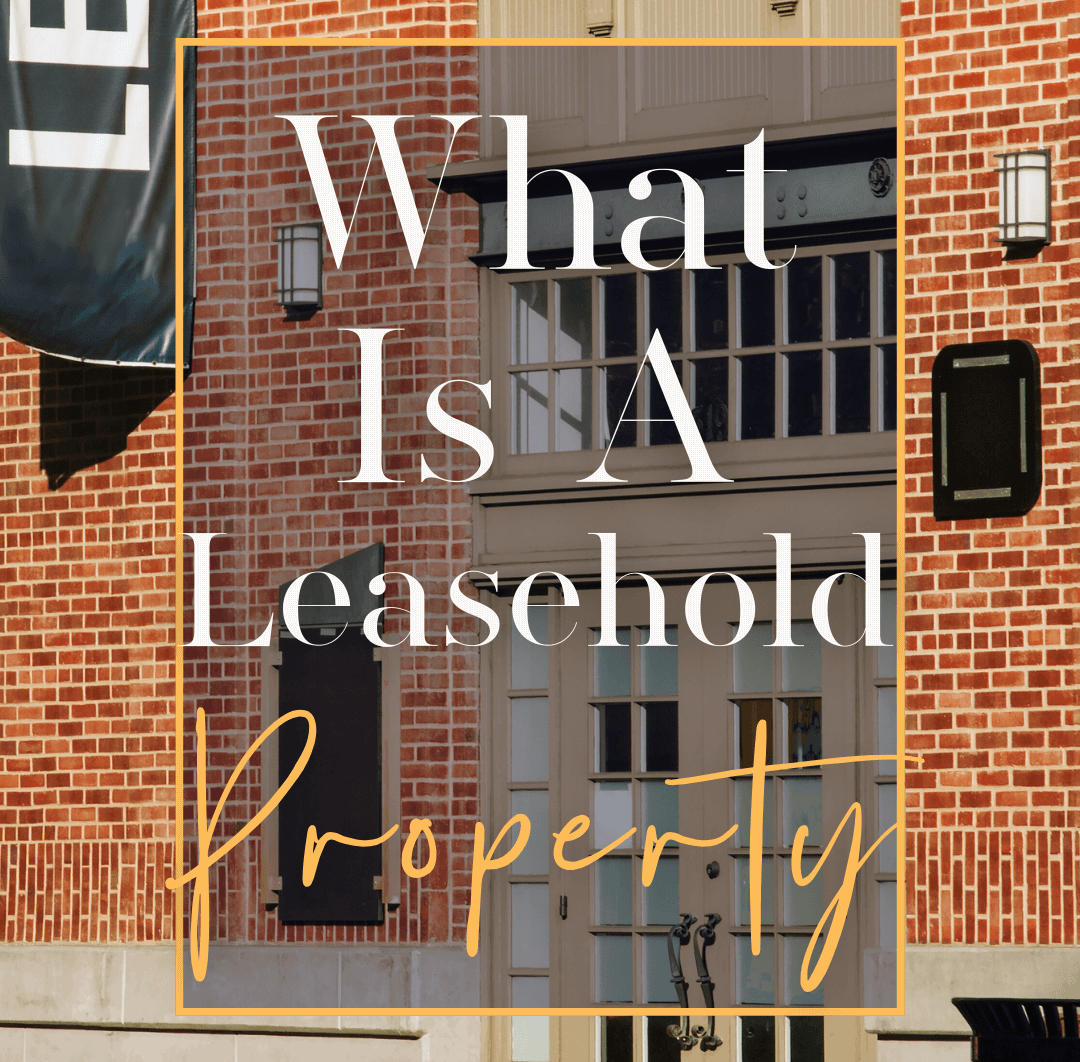- Furnishing Your Property: You can utilize the decorating allowance to furnish your new home. Whether it's that sofa you've been eyeing or the perfect dining table to complement your kitchen, this allowance can help cover those costs.
- Offsetting the Cost of Upgrades: If you decide that you want upgraded countertops, flooring, or fixtures in your new place, the decorating allowance can significantly reduce the financial burden of these enhancements.
- Reducing Closing Costs: Perhaps the most practical use of the decorating allowance is to apply it towards some of the inevitable closing costs. Since these expenses typically come out of pocket, using your decorating allowance here can free up funds for other things.
The Ultimate Guide to Choosing the Perfect Condo in Vancouver, BC

The Ultimate Guide to Timing Your Open House in Vancouver
- Increased Availability: Most people are off work and have fewer scheduling conflicts. This increases the likelihood that more prospective buyers will attend.
- Relaxed Atmosphere: By 2 PM, most individuals have had the opportunity to enjoy their morning, whether that involves sleeping in, brunch, or family time. A relaxed buyer is more likely to take their time exploring the property and envisioning themselves living there.
- Better Engagement: Weekend afternoons typically allow for better natural lighting, making your home look inviting and vibrant. Furthermore, attendees are generally not rushing through the viewing, giving them a better chance to connect with the property.
Think Twice Before Jumping on a Presale: What to Consider First
Three Things to Do Before Listing Your Home in Vancouver
Preparing your home for sale is more than just cleaning and organizing—it’s about creating an inviting atmosphere that resonates with potential buyers. By making your home look irresistible, you increase its appeal and chances of selling quickly and at a great price. Here are three simple but impactful tips to make your home stand out before you list it.
1. Create Hotel-Worthy Bedrooms
Your bedrooms should exude comfort and luxury, just like a high-end hotel. Decorate the beds with fresh linens, soft pillows, and cozy throws to make them look so inviting that buyers will imagine themselves unwinding there. A beautifully styled bedroom helps buyers emotionally connect with the space and visualize it as their own retreat.
2. Use Mirrors to Open Up Spaces
Mirrors can work wonders, especially in small or dark rooms. Consider adding a large mirror to reflect light and make the room feel more spacious. This simple addition can make an entire property feel larger and more inviting, which is particularly valuable in homes with limited square footage.
3. Transform Bathrooms Into Spa-Like Havens
A clean, organized, and minimalist bathroom can leave a lasting impression on buyers. Declutter countertops, replace worn towels with fresh ones, and perhaps add a plant or a candle for a spa-like feel. Remember, less is more—buyers want to feel like they’re stepping into a serene and luxurious environment, not someone else’s personal space.
Why These Details Matter
Buyers often make decisions based on how they feel when walking through a property. By enhancing the bedrooms, maximizing space with mirrors, and creating spa-like bathrooms, you can make your home more memorable and desirable.
If you’re thinking about selling your home in Vancouver, I’d be happy to provide you with more personalized tips and guidance to ensure your property shines in the market.
Let’s make your home stand out—contact me today!
Top Reasons to Hire a Realtor Before Visiting Presentation Centers in Vancouver
Understanding Assessed Value vs. Fair Market Value in Vancouver Real Estate
Understanding Leasehold Properties: What Every Vancouver Homebuyer Should Know

Understanding Rescission Periods in Vancouver's Real Estate Market
Understanding Strata Fees in New Developments: What You Need to Know
Understanding Strata Fees in Vancouver: What Every Condo or Townhouse Buyer Should Know
- Garbage Collection
- Building Insurance
- Gardening and Landscaping Maintenance
In essence, the operating fund ensures that your building remains in top-notch condition, preserving both aesthetics and functionality.
The Contingency Reserve Fund (CRF)
The CRF is your building's safety net, reserved for larger, often unforeseen expenses that go beyond everyday maintenance. These can include:
- Replacing the roof
- Upgrading the elevator
- Other significant capital expenditures
Having a well-funded CRF is critical as it prepares your strata corporation to handle major repairs and upgrades without needing to impose sudden, significant extra charges on the owners.
How Are Strata Fees Calculated?
Now that we understand what strata fees are used for, you might wonder how these fees are determined. The answer lies in the concept of "unit entitlement." This calculation is based on the size of your unit relative to others in the building. Simply put, the larger your unit, the higher your share of the strata fee. This method ensures a fair distribution of costs, proportional to the size of each owner's investment in the property.
Why Should You Care About Strata Fees?
Understanding and evaluating strata fees before purchasing your condo or townhouse is crucial. While they might seem like just another monthly expense, these fees are instrumental in ensuring your property remains a pleasant, safe, and valuable place to live. High or rapidly increasing strata fees can also impact the affordability and resale value of your unit, making it imperative to consider them as part of your overall budget and investment strategy.
In conclusion, when stepping into the world of strata living in Vancouver, taking the time to understand strata fees can significantly enhance your buying decision, helping ensure that your new home meets your expectations in every way. Happy house hunting!
Understanding Strata Fees in Vancouver's Condo and Townhouse Market
- Garbage Collection: Keeping the property clean and sanitary.
- Insurance: Protecting the building and its inhabitants.
- Gardening: Maintaining the aesthetic appeal and health of green spaces.
- Roof Replacements: Ensuring the building is leak-free and secure.
- Elevator Upgrades: Keeping vertical transportation safe and efficient.
- Other Capital Expenditures: Investing in long-term infrastructure improvements.